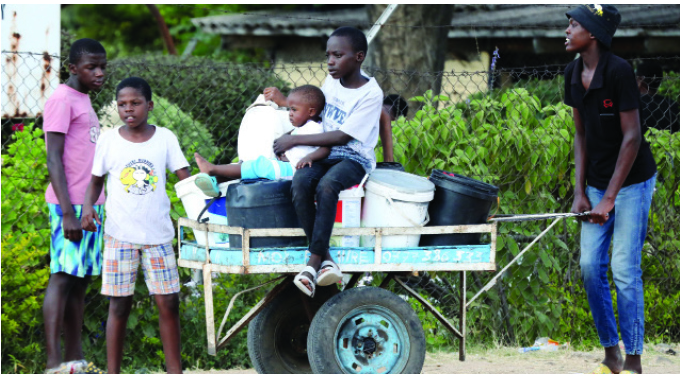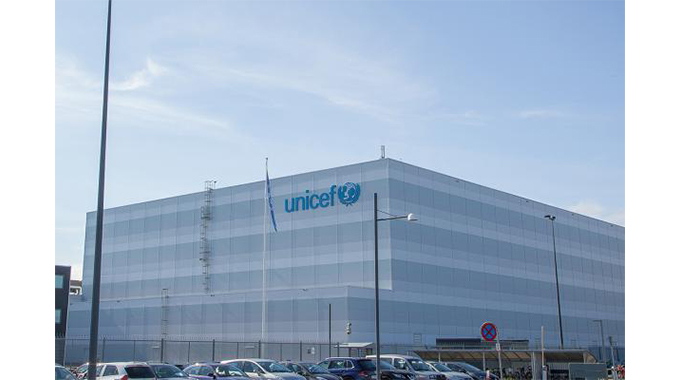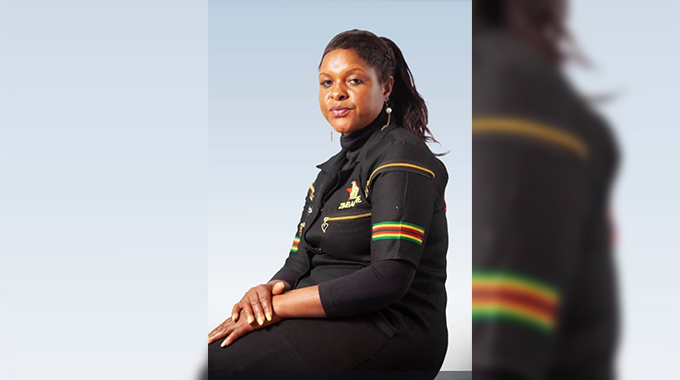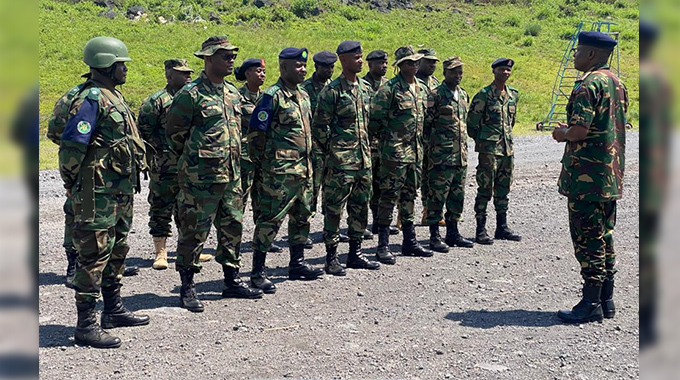Boil tap water first- BCC

Nqobile Tshili, Chronicle Reporter
BULAWAYO City Council (BCC) yesterday said residents should first boil tap water before drinking it as the prevailing prolonged water cuts can lead to underground contamination in pipes.
The city is experiencing an acute water crisis which has been worsened by power cuts.
BCC is implementing a daily water provision strategy which means that no suburb is guaranteed supplies on any given day.
The local authority provides water depending on the capacity of its reservoirs.
In a statement yesterday, BCC Town Clerk Mr Christopher Dube said the council was taking a precautionary measure in requesting residents to boil water.
Traditionally tap water has been perceived to be safe water for drinking.
“Residents are urged to avoid using unprotected wells and other water sources and to boil all water, whether from a borehole, water kiosk, water bowser, or water tap. Despite the dire situation, public health and hygiene practices must continue to be upheld,” said Mr Dube.
Clarifying the statement on why residents should boil water in an interview, the Town Clerk said: “On tap water, we are saying due to the prevailing water cuts where some areas are going for long periods without water, there is a likelihood of underground contamination of pipes. There is no water that would be passing through the pipes and anything can happen. That is why we are encouraging residents to boil even tap water even before consuming it.”
Mr Dube said even water obtained from bowsers could be contaminated as it is drawn from a secondary water body so it must also be boiled.
Meanwhile, in his statement, the Town Clerk said the water crisis is so dire that the city is only pumping between 40-50 megalitres of water per day against the system output of 120 ML/day.
“The City of Bulawayo is currently only receiving 8 – 10 hours of power supply, resulting in a drop from the early March 2023 system input volume of 120 ML/ Day to 40 – 50 ML/ Day. This has put a significant strain on the high-placed suburbs, and the city has been forced to implement several measures to alleviate the crisis,” he said.
Mr Dube said the situation has been worsened by low water levels at the city’s six supply dams which are at 59 percent.
He said Umzingwane Dam, which is critical in stabilising water supplies in the city, is likely to be decommissioned within the next five months.
“Of particular concern is the Umzingwane Dam, which is only at 17 percent capacity and is expected to be decommissioned again in August 2023. This coupled with power outages and water shortages, has resulted in the city managing daily water restoration programmes since mid-November 2022,” he said.
“To mitigate the situation, the city has been gradually building raw water reservoir stocks at the Criterion’s 1,400 megalitre reservoir. with plans to reintroduce the 72-hour water shedding programme. However, the city has been experiencing daily power cuts since the 1st week of March, with some lasting over 24 hours, severely impacting the city’s ability to pump water.”
Mr Dube said council has since reactivated the Water Crisis Committee and is inviting suggestions from the public to provide solutions to the crisis.
He said council is also appealing for help from the donor community to augment its water supplies and even buy containers for residents living in high lying areas.
“The city is calling on the donor community to assist with funding and in-kind donations of materials to repair and rehabilitate hand-pumps, as well as procuring 20-liter water containers for residents, particularly those in high-placed suburbs,” he said.
“Schools and clinics with functional boreholes and elevated tanks are encouraged to optimize these resources for the benefit of students and patients, and to add additional access water points accessible from outside the school’s boundaries.”
Mr Dube said council is also hiring additional water trucks to deliver water to high-lying areas such as Nkulumane, Emganwini, Pumula, Magwegwe, and Entumbane.
He said only a collective effort can address the city’s water crisis.
“The City of Bulawayo is doing everything possible to mitigate the water crisis, and we urge residents, the corporate world, councillors, and policymakers to join hands in this effort. It is only through collective action that we can ensure a sustainable and reliable water supply for all,” he said.
The Lake Gwayi Shangani which is under construction is viewed as the permanent solution to Bulawayo’s water crisis.
Government expects the construction of the dam wall to be constructed by June this year.
The construction of Lake Gwayi Shangani is a flagship project for the Zimbabwe National Water Authority.
-@nqotshili












Comments